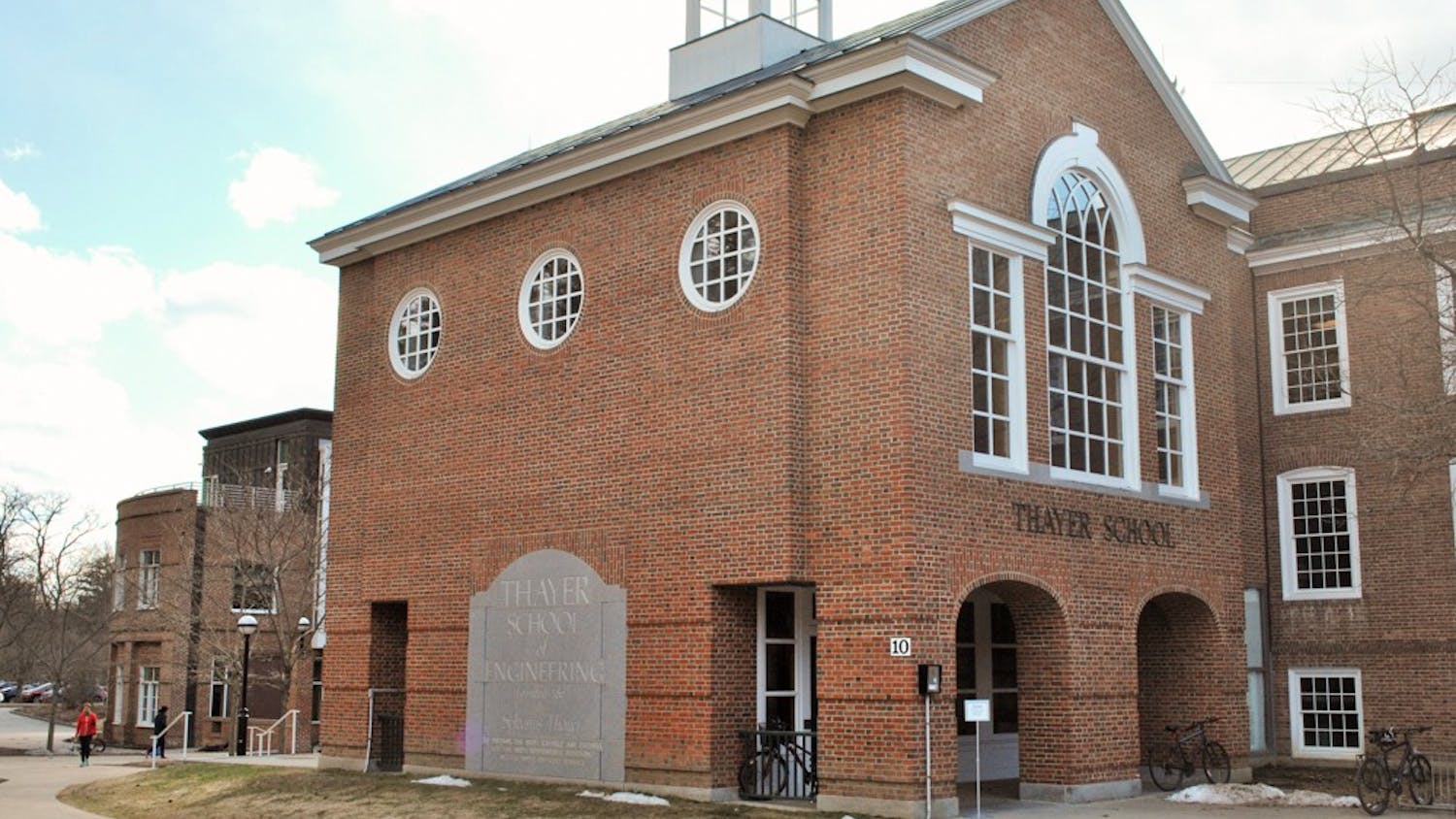The Dartmouth Atlas of Health Care has recently drawn fire following the publication of an article on Feb. 17 in the New England Journal of Medicine, which criticized data assembled in the Atlas as "unsound, both conceptually and methodologically." Dartmouth researchers have used the data to support the suggestion that high health care costs do not always lead to better health outcomes, an idea that has become a central tenet of proposed federal health care reform legislation.
In his article, Peter Bach, a physician and epidemiologist at the Sloan-Kettering Cancer Center in New York City, specifically criticized the Atlas for attributing all patient costs for the last two years of life to the hospital the patient visited most frequently. Hospitals do not control all aspects of patient treatment because only 20 percent of physicians are employed directly by hospitals, according to Bach. He added that many home health and inpatient facilities serve multiple hospitals, and that the Atlas's method of collecting data by hospital is flawed as a result.
Bach also criticized several methodological approaches to the research. Atlas data is collected from Medicare patients with chronic illness in their last two years of life, which Bach said accounts for only 3 percent of overall health care costs. Bach added that the Atlas data considers only health care costs and does not account for health outcomes.
Bach did not return a request for comment by press time.
Data in the Atlas, produced by the Dartmouth Institute for Health Policy and Clinical Practice, has been widely cited by doctors, journalists and policymakers involved in health care reform. An article by Dr. Atul Gwande in the New Yorker last year popularized the research and became required reading among members of President Barack Obama's staff, according to The New York Times. The magazine Consumer Reports has also started using Atlas data to evaluate hospitals nationwide.
Atlas research calls for hospitals to work together as accountable organizations, institute performance measurements for doctors and change payment structures to reward the quality rather than the quantity of care provided, according to Dartmouth Medical School professor and Atlas co-principal investigator Elliott Fisher.
Despite the arguments' academic focus, they could have a significant effect on the future of health care in the United States, Fisher said in an interview with The Dartmouth. Health care reform bills passed by both the House and Senate contain ideas and proposals drawn from Atlas's analysis of Medicare data.
Fisher responded to Bach's criticisms by pointing out that around 80 percent of care delivered to Medicare patients is administered by their hospitals. Attributing spending to one hospital is thus a valid measurement of health care costs, according to Fisher.
Fisher told The Dartmouth that he agrees with Bach on the importance of developing measurements for all patients, adding that researchers at the Institute plan to work with the Brookings Institution to develop models for overall health care spending. He argued, however, that Medicare data does not present a skewed sample of health care costs.
"There's a pretty good correlation between treatment of patients over 65 and under 65," Fisher said.
In a response published in the New England Journal of Medicine, Fisher wrote that Medicare data is closely associated with a single hospital, making it a good measure of hospital effectiveness.
Bach's final criticism of the Atlas data focused on the variation of illness severity between hospitals. Because of this variation, hospitals that care for patients with very severe illnesses could appear less efficient than those that take care of patients with less severe cases, even if they actually operate with the same level of efficiency, he said.
Fisher responded in the interview that the Dartmouth Atlas data is "carefully adjusted" for variations such as illness severity, poverty and price differences.
In an article published Feb. 17, The New York Times seemed to imply that Fisher felt Dartmouth Atlas data was not a valid measure of health care costs. The Times wrote that Fisher believes "the current Atlas measures should not be used to set hospital payment rates" and that "he and his colleagues should not be held responsible for the misinterpretation of their data."
Fisher said he had been "quoted out of context" by The Times and was referring to a specific proposal that would reward hospitals based upon costs and quality in their region instead of in the hospital itself.
"I was not implying that the Obama administration's approach is wrong," Fisher said.
Fisher added that Bach's criticism does not undermine the main finding of the Atlas data: regional variations in health care spending show that higher costs associated with specialized procedures do not necessarily lead to better health outcomes. Costs can be lowered by creating more accountable hospitals and moving away from a "toxic payment system" that creates incentives for unnecessary tests, according to Fisher.



